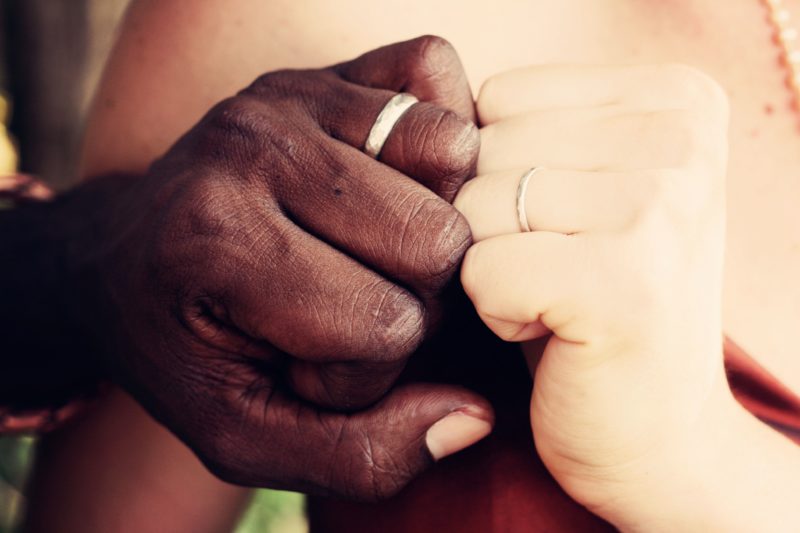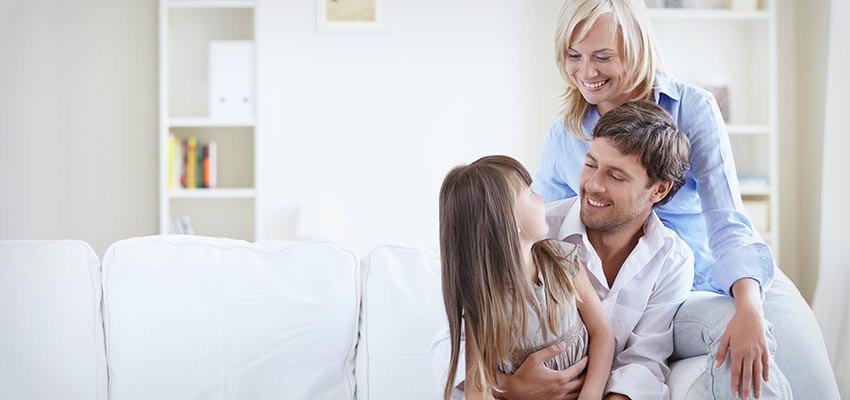Views: 85
What you can do to help your child deal with divorce
Different kids deal with divorce differently. Some kids saw the divorce coming for years and feel relief when it finally happens. Other kids feel confused by the divorce and hold out hope that their parents will eventually get back together. Other kids have strong feelings of grief and sadness followed by emotional outbursts and acting-out behaviors. Although you may feel like there’s nothing you can do (you certainly can’t change your spouse’s behaviors or undo the divorce), there’s a lot you can do to help your child cope with your divorce.
Don’t use your child as a confidant
You may not have realized it at the time, but you relied on your spouse a lot as someone you could share secrets, vent, and discuss your problems with. Everyone needs someone that they can share their thoughts and feelings with, and when that someone is gone, their is a void. Unfortunately, it is not uncommon for divorced parents to then turn to one of their children as a new confidant. Your child may seem like they enjoy this new role and the special relationship they now have with you, but it is damaging. The child confidant tends to suffer from more depression and low self esteem. Children aren’t as well equipped as adults to listen to other people’s problems and have a tendency to feel responsible for these problems as well. These children are also much less likely to go to their parent when they themselves are experiencing problems. When you talk with your kids, who is the conversation for? Is it for your benefit or your child’s? When you use your child as a confidant, the message you are really giving is that you care more about your own feelings than their’s.
You might not be purposefully using your child as a confidant or be confused about what’s “too much information”. Something I’ve heard parent’s say to me is “I tell them about it because it affects them” or “they have a right to know”. My answer to this is that it is affecting them because you told them about it, and children have a right to be protected from harm and this includes the harm of being exposed to their parent’s stresses. If you are confused about what you shouldn’t be sharing with your child, the general rule of thumb is anything they can’t do anything about. This includes your finances, divorce settlement, new boyfriend/girlfriend, your feelings towards your ex, your health problems, or your sex life. If you’re still not sure, you can ask yourself “who is this conversation for?”. If it’s for your benefit, save that conversation for when you are alone with other adults.
Don’t bad-mouth the other parent
Remember when you were a kid how mad you would get when another kid would make fun of your mother? Just because you were married to her for ten years doesn’t make it okay for you to do the same thing. When you insult a child’s parent, you insult the child. Even if you believe that what you are saying about the other parent is true and the child already knows it to be, refrain from saying anything negative whatsoever about the other parent. And if you can’t think of anything positive to say, don’t say anything at all. Maybe your child doesn’t seem to mind when you do this and may even join in the bad-mouthing or bring it up on their own, but this still doesn’t make it okay. As I wrote earlier, the child may be engaging in these behaviors because they like having that one-on-one relationship, and you may be inadvertently reinforcing these behaviors by responding positively to it. However, I am yet to have a child tell me in private that they like it that their parents trash each other, and overwhelmingly my experience has been that children are secretly (or not so secretly) deeply hurt by it. This person, whom they are supposed to look up to and use as a role model, is being called a “dead beat”, “awful parent”, and “&^#*$@”. Even if what you are saying is true, your child’s parent is still their parent and it hurts to hear them being spoken about like that.
Aside from the psychological damage it causes children, at it’s very core, it sets a bad example. Parents should be models of restraint and respectful behavior. Do you want your child to call another kid a “&^*$@” at school? Or to grow up to have a relationship style where they yell and call their partner names? Your child deserves to one day be in a happy marriage.
Don’t elicit information from your kids about your ex-spouse
As stated before, when you are using your kids as informants or confidants, it puts them under stress. They may seem to be willing participants, but that is probably due to the special attention they get from you when they participate. When kids are visiting the other parent, they should be able to feel at ease and relax. The other parent also has a right to set rules and discipline them while in their custody. Maybe you didn’t agree with their parenting style while you were living together, but so long as the other parent isn’t abusive or breaking the law, they have a right to parent in the manner they see fit. The partner also has a right to date or remarry whomever they choose. If you do have an issue with what’s going on while visiting the other parent, you should share your concerns with your ex in a controlled respectful manner. This is a great example for your children and is a much more effective mode of communication than by using your child as the go-between.
Kids should also be encouraged to stop sharing information about what goes on at the other parent’s house unless it is serious. We all love a juicy piece of gossip and you might enjoy hearing how dysfunction your ex has become now that you’re not there to keep tabs, but this is also harmful to your kids in the same manner as discussed above. You also don’t know how accurate the information is. Because we are human beings and not machines, we miss-perceive things and don’t remember things very well. Kids often perceive speaking firmly or assertively as yelling, and naturally you become very upset to hear that “dad yelled at me all weekend”. Meanwhile they omitted their own misbehavior that prompted the “yelling” in the first place. Unfortunately, because you weren’t there, you don’t know the context or severity of what actually took place. And although no one wants to think that their child would ever lie to them, I have also had children admit to me numerous times that they purposefully play their parents against each other.
Encourage them to spend more time with the absent parent
Despite how you may feel about your ex, it is in your child’s best interest to spend quality time with both parents. Be positive and show enthusiasm when your kids have an upcoming visit. Do what you can to help your child have a positive experience. Make suggestions like “Billy really enjoys going fishing” or “If you’re too busy to have them over-night this weekend, maybe you can just take them out for a couple of hours?”. You may feel that you shouldn’t have to make the extra effort, but remember that this is for your child’s well-being. A 2008 study revealed that children that spent more quality time with their fathers had higher IQs and were more socially well-adjusted. The effects were found to be unrelated to the father’s own IQ or social skills, but rather to the individual relationship between father and child. Likewise, spending quality time with the mother has been shown to protect children from depression and mood disorders as adults. Don’t we all want our children to be smarter, healthier, and happier?
Hold family meetings
Provide opportunities for at home to allow the children to express their feelings about the divorce and subsequent changes to the family. Also, reassure them that their behaviors did not contribute to the divorce. They may have questions about the divorce. Provide answers for the ones you can and be careful to not give “too much information”. Also, don’t give answers for the other parent. Ideally your ex would be at the family meeting, but if not, it’s okay to say you can’t answer for them.
Don’t let your guilt keep you from parenting
You may blame yourself for the divorce and feel guilty for your kids, but you are still their parent and they need you to provide structure. Sometimes children react to divorces by having increases in negative behaviors such as tantrums, yelling, fighting with siblings, and breaking rules. However, they still need to be responsible for their own behavior. One of the best things you can do, is to show your children that life goes on. They still need to clean their room, do their homework, and treat others with respect.
I hope that you found this article informative and helpful to your family. As I offer e-therapy and coaching, I can help you no matter where you are located.










